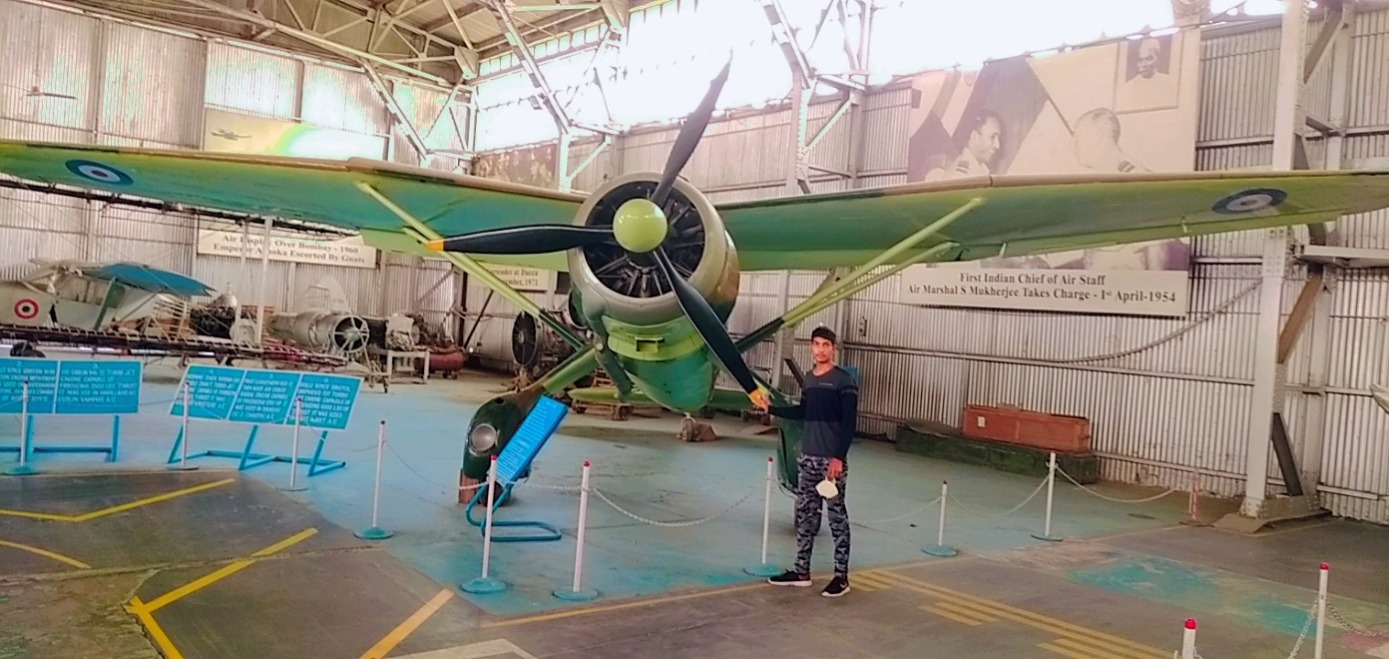There are no items in your cart
Add More
Add More
| Item Details | Price | ||
|---|---|---|---|
R2R SSB BATCHES STARTING FROM 20TH JUNE. Referred articles were published in The Hindu.
NEWS IN SHORTS
1. India Will Never Accept a Mediation: PM to Trump
Prime Minister Modi stated that India will not accept mediation from the United States regarding the dispute with Pakistan. This comes after President Trump's offer to mediate the "Operation Sindoor" issue. Foreign Secretary Jaishankar affirmed India's stance, while Trump's claim of having helped resolve the matter was dismissed. Separately, Iranian Supreme Leader Ayatollah Ali Khamenei declared that Iran would not surrender to U.S. pressure and criticized Trump's "unacceptable" statements, vowing fierce retaliation for any intervention.
2. Failed Summit: India Must Reassess the Usefulness of Attending G-7 Meetings
This editorial argues that the recent G-7 Summit was a "failed summit," particularly from India's perspective, due to unresolved conflicts and an ambiguous approach to China and Russia. It questions the utility of India's participation in future G-7 meetings, suggesting that larger outreach sessions might be more beneficial than full membership. The article also highlights that Prime Minister Modi's pre-summit efforts to improve ties with Mark Carney faced setbacks due to a G-7 statement on Khalistani extremism.
3. The Legality of Israeli Actions Under International Law
This article discusses the legal debate surrounding Israel's military operations under international law, particularly concerning "pre-emptive self-defense." It questions whether Israel's actions are permissible under Article 51 of the UN Charter, which allows for self-defense against an "armed attack." The piece also explores the concept of "imminent" threat and argues that a broader interpretation of self-defense could lead to abuses. It concludes that international law provides the primary framework for determining the legitimacy of state conduct.
4. The Real Challenge for Foreign Campuses
This article discusses the challenges and opportunities for foreign university campuses establishing branches in India. While the UGC has approved several, many still struggle with infrastructure, program offerings, and faculty recruitment. It highlights that successful foreign branches need to offer high-quality education and cater to local relevance, rather than replicating their home campus models. The article suggests that while India offers a large market, foreign universities must invest strategically and collaborate with Indian institutions for long-term success.
5. Uttarakhand – A Hotbed for Helicopter Accidents
This article highlights that Uttarakhand has a high incidence of helicopter accidents, with 14 fatal crashes investigated between 2013 and 2023, resulting in 126 fatalities. A profile of helicopter crashes indicates that "improper maintenance" is a leading cause, followed by harsh weather and technical problems. The data reveals that most accidents occur during morning and evening flights, and during the "cruise" phase. The article emphasizes the need for improved safety measures and regulatory oversight in the region, particularly for Kedarnath pilgrim flights.
6. What Was Decided at the UN Oceans Conference?
The UN Oceans Conference aimed to advance action on protecting oceans and ratifying the Biodiversity Beyond National Jurisdiction (BBNJ) agreement, also known as the 'High Seas Treaty.' The BBNJ treaty seeks to conserve 30% of the world's marine and coastal areas by 2030. Key outcomes included commitments to combat overfishing, regulate marine genetic resources, and support capacity-building for developing nations. The UN expects 70 ratifications by September, with the intention of holding the first BBNJ Conference of Parties (COP) in late 2026.
7. India Launches Operation Sindhu, Evacuates 110 Students from Iran
India launched Operation Sindhu to evacuate Indian nationals from Iran, with 110 students from northern Iran being the first to arrive in New Delhi. The evacuation follows an Israeli air strike in Tehran. The Ministry of External Affairs is coordinating with Indian embassies and missions to ensure the safe passage of Indian nationals, including students and pilgrims, who are stuck in conflict zones. The operation aims to bring all affected Indian citizens back home, particularly those from Jammu and Kashmir.
8. In a Reset, India, Canada Agree to Appoint High Commissioners
India and Canada have agreed to appoint High Commissioners, signaling a reset in their bilateral ties after two years of major rupture. Discussions between Prime Minister Modi and Canadian counterpart Mark Carney at the G7 Outreach Summit focused on trade, security, and people-to-people connections. Both sides affirmed their commitment to restore diplomatic relations and work on various issues, including counter-terrorism. The decision comes after Canada had previously accused Indian diplomats of involvement in alleged Khalistani extremism.
9. India, Croatia to Firm Up Bilateral Defence Ties: Modi
Prime Minister Modi announced plans to firm up long-term defence partnership ties with Croatia during his visit to Zagreb. The two countries will collaborate on defence production, technology, and military-to-military exchange. This move aims to boost India's defence industrial capacity and facilitate joint ventures. Modi also stated that turning a blind eye to terrorism is a "betrayal of all humanity," emphasizing the need for global condemnation and concerted action against state-sponsored terrorism.
10. Chandigarh Tops School Education Index, Meghalaya Comes Last: Report
Chandigarh has been ranked as the best performer in school education for 2023-24, according to the Performance Grading Index (PGI) 2.0 report. The states are graded on various indicators, including learning outcomes, quality, access, infrastructure, equity, governance, and teacher education. Meghalaya, however, appears in the lowest rung. The report highlights that while 24 states and Union Territories improved their scores, some like Meghalaya have significant room for improvement in education quality and infrastructure.
11. May Do It, May Not Do It: Trump on Joining Israeli Strikes on Iran
U.S. President Trump is considering whether to join Israel's airstrikes on Iran, even as he previously stated he would not. The Pentagon is reportedly providing options to Trump. This comes amidst ongoing tensions, with Israel claiming to have conducted strikes in Iran. Separately, Israeli forces killed 30 people in Gaza and raided West Bank camps. The violence in Gaza follows a military campaign in October 2023, causing severe shortages of food and clean water.

Sachin Jangir